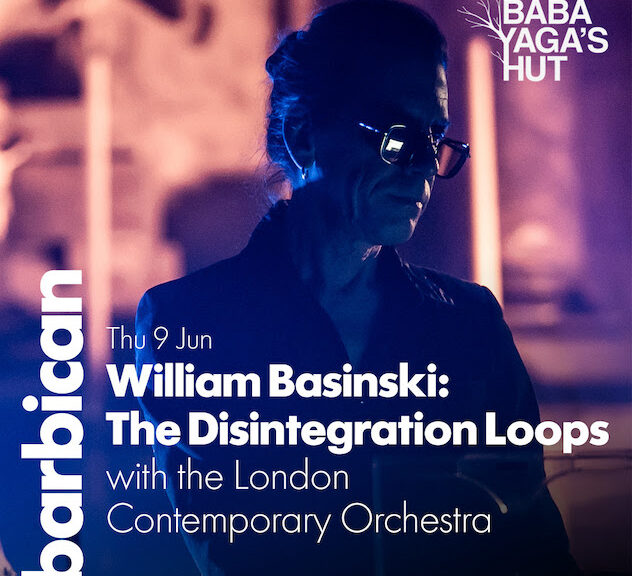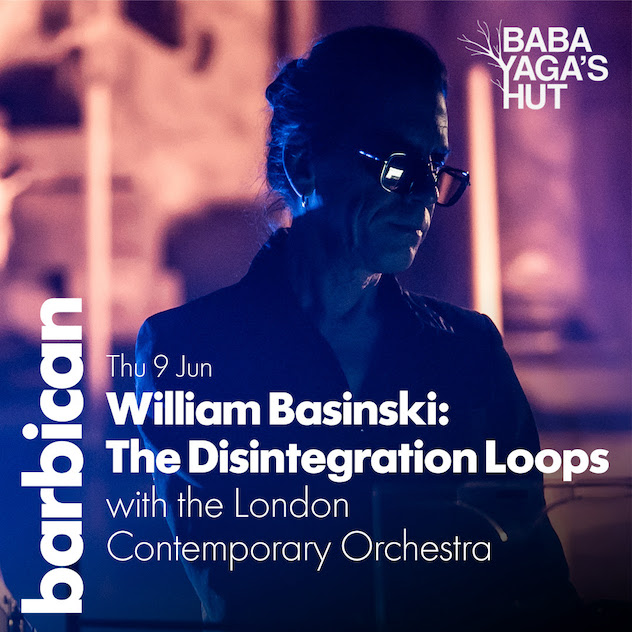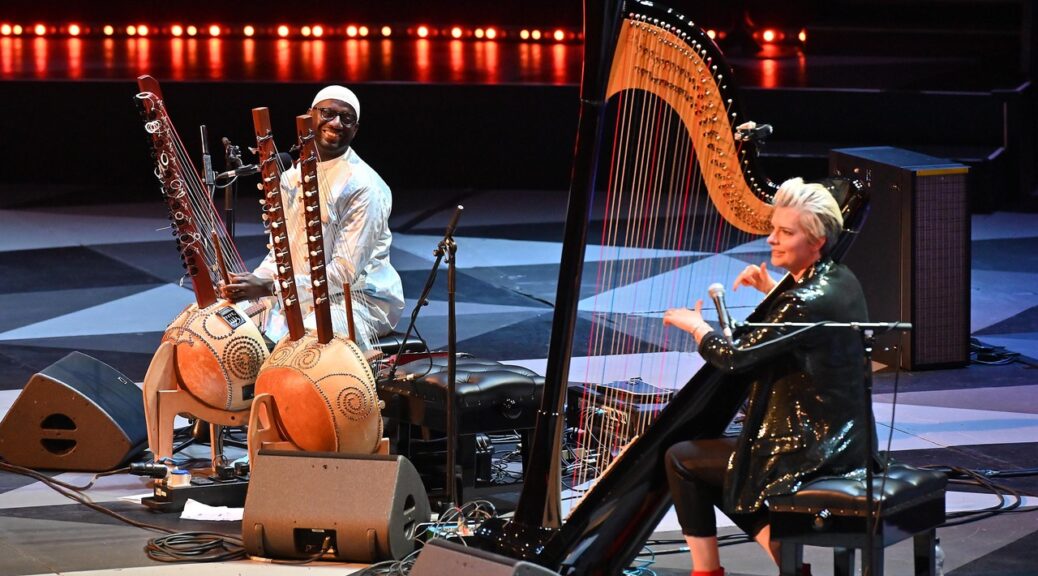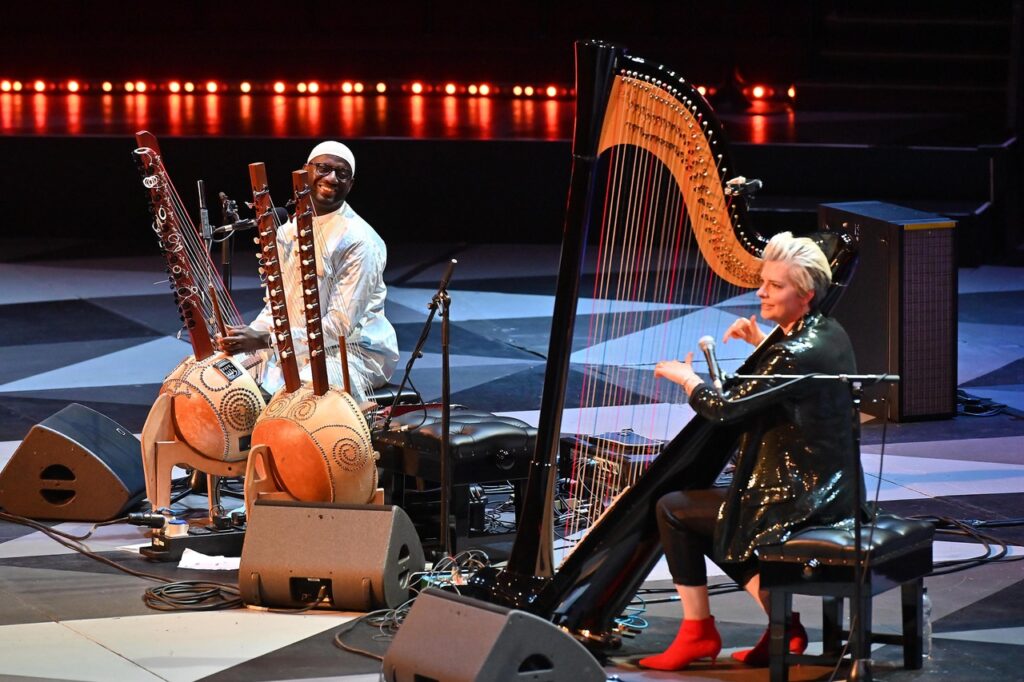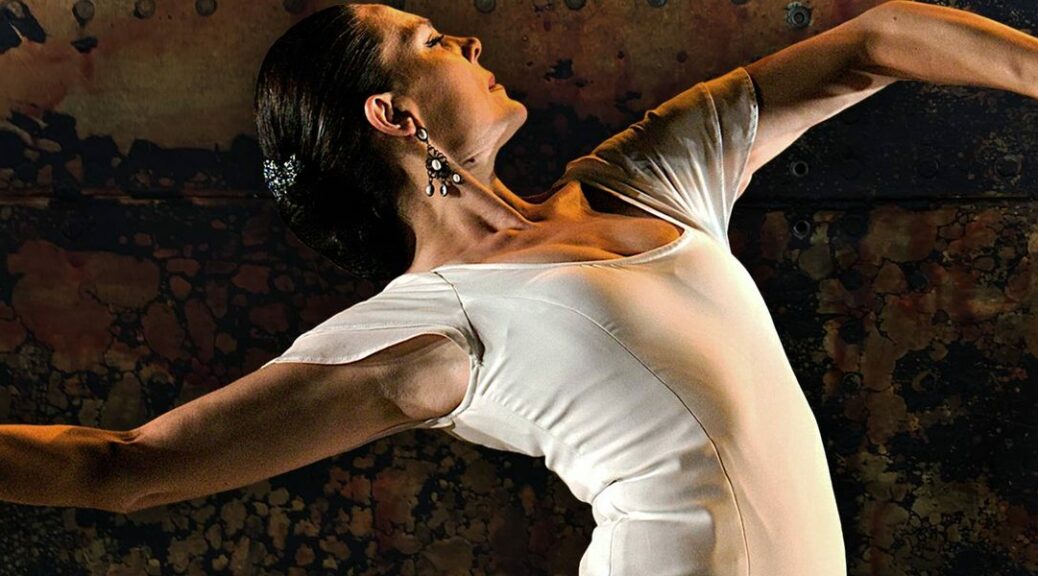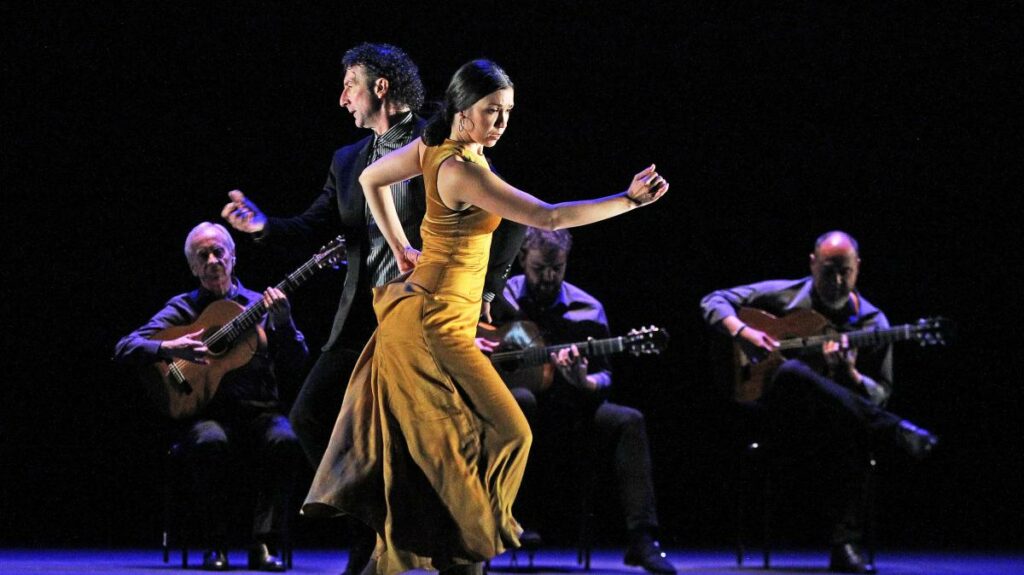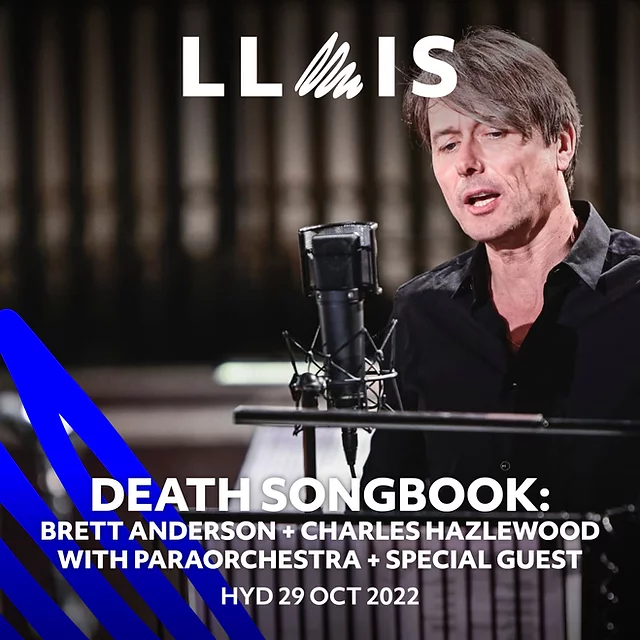
Death Songbook – Brett Anderson
The Festival of Voice/Gwyl y Llais was established in 2016 it’s Cardiff’s annual festival and is held at the magnificent Wales Millenium Centre, Butetown.
This year The Festival of Voice has been rebranded as Llais, meaning ‘voice’ (the English name of the festival has been dropped). The 5-day festival is like no other, it offers a real mix of events, free and ticketed, immersive art, and a celebration of internationally acclaimed artists through a range of live, exciting, diverse music.
I arrived at the Donald Gordon Stage just as the combined choir of Cwmdare Voices and Pelenna Valley Male Voice started their performance of classics, if you’ve never seen a Welsh Male Voice Choir perform live, then sort yourself out and go see one! Oh my days, your soul will be filled with pleasure and forever thankful it had the experience. Not wanting to sound biased
but nobody does it better than the Welsh – fact!
I was beyond thrilled to be seeing Brett Anderson (need I say, Suede frontman) perform something new after what seemed like forever. He was joined on stage by Charles Hazelwood
and the Paraorchestra, for the first live performance of Death Songbook, reimagined and repumped cover versions of songs that I’ve grown up listening to, with a special guest
performance by Mercury Prize nominee, Gwenno.
Nothing had prepared me for the beauty of the performance, to say it was magical would be an understatement, my heart and head were filled with musical joy, melancholy, and nostalgia.
Kicking off the performance with Killing Moon really set the tone, I was captivated and overjoyed, right through to the last note of ‘Wonderful Life’.
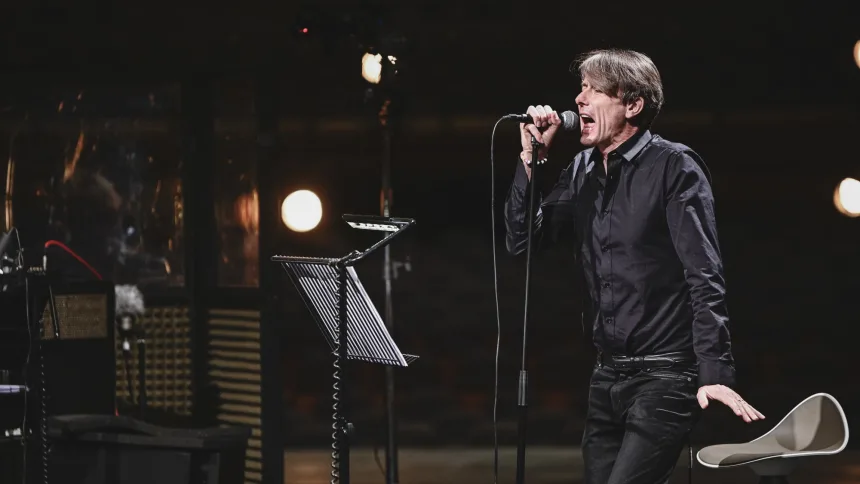
I was completely amazed and overwhelmed with emotion listening to the first-ever performance of Brutal Lover, a truly beautiful song. Gwenno’s unique voice on ‘End of the World’ ‘Holes’ and ‘Enjoy the Silence’ combined with Brett Andersons’ vocals was a smooth union of sound.

I had never heard of the Paraorchestra before last night, they sounded phenomenal, they are incredible musicians, and the sound they created suited the songs to perfection. Charlie
Hazelwood described them as a ‘new breed’. This beautiful concert was so well directed and produced by a bodywork of professionals, I felt like I was experiencing something really special, it felt like a new era and gave me feelings of elation, joy, melancholy, and nostalgia.
I’m not a fan of cover versions and on my way to WMC I wondered how some of the songs would sound, particularly as the original artists, David Bowie/Jaques Brel, Japan, Depeche
Mode, Mercury Revs, Echo and the Bunnymen, Skeeter Davis (all pretty big shoes to fill) are icons and all performed their songs as only they can, they’re classics, I really enjoyed listening to them but not in the way that I heard them last night, the new arrangements and performance stirred me up inside and moved me. The songs have now taken on a very different meaning to me like I was listening to them for the first time. The song choices suited Brett’s voice to perfection.
Death Songbook reminds us that through songs about death, the death of love, and the loss of our loved ones, music is our comforter, our greatest friend in dark, bleak times, it soothes,
nourishes, and uplifts us, during our deepest sorrow.
Thank you Brett and everyone involved in the performance and production. I await an official release of this beautiful music, preferably on vinyl!

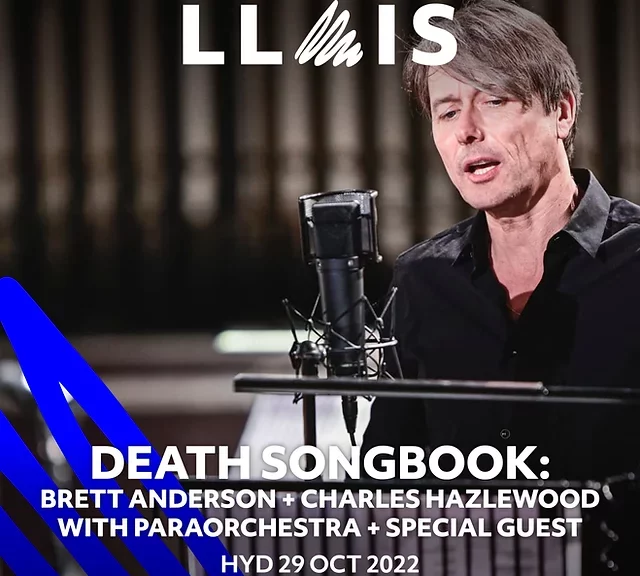
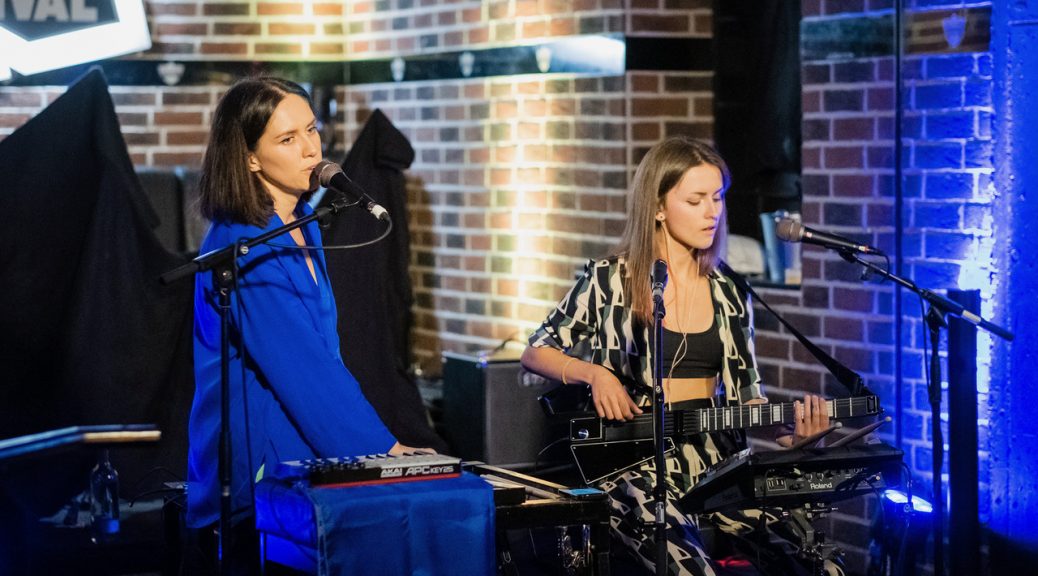
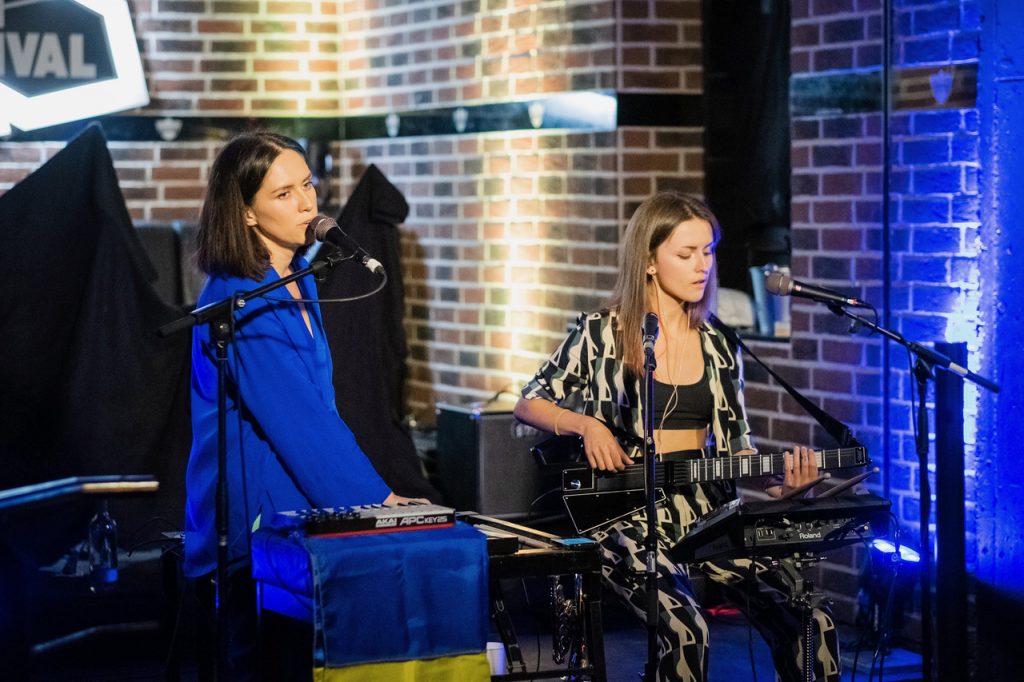
 (4 / 5)
(4 / 5)
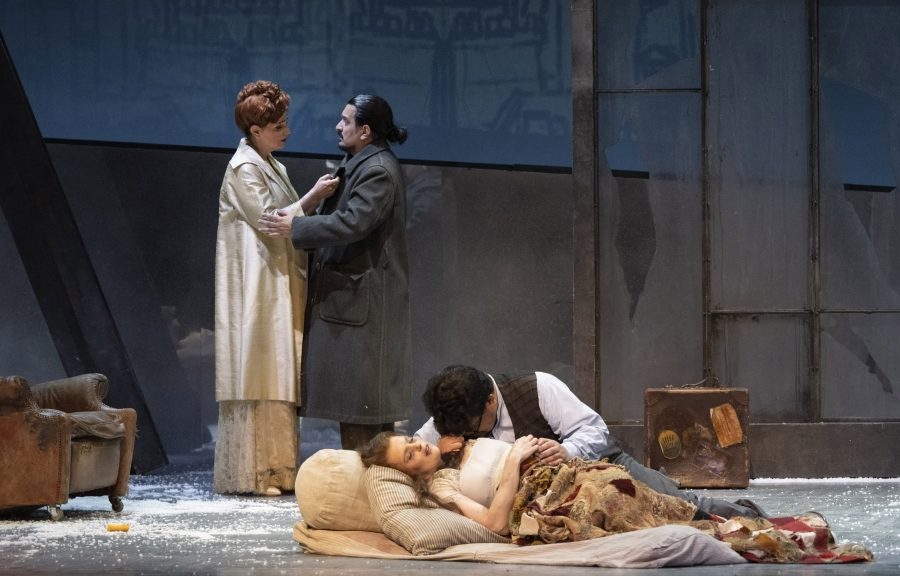
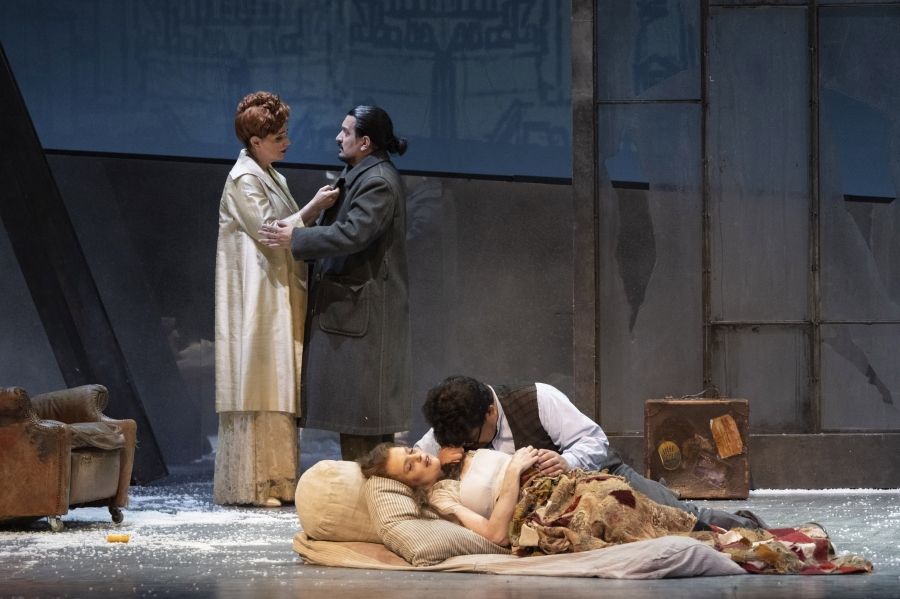
 (3 / 5)
(3 / 5)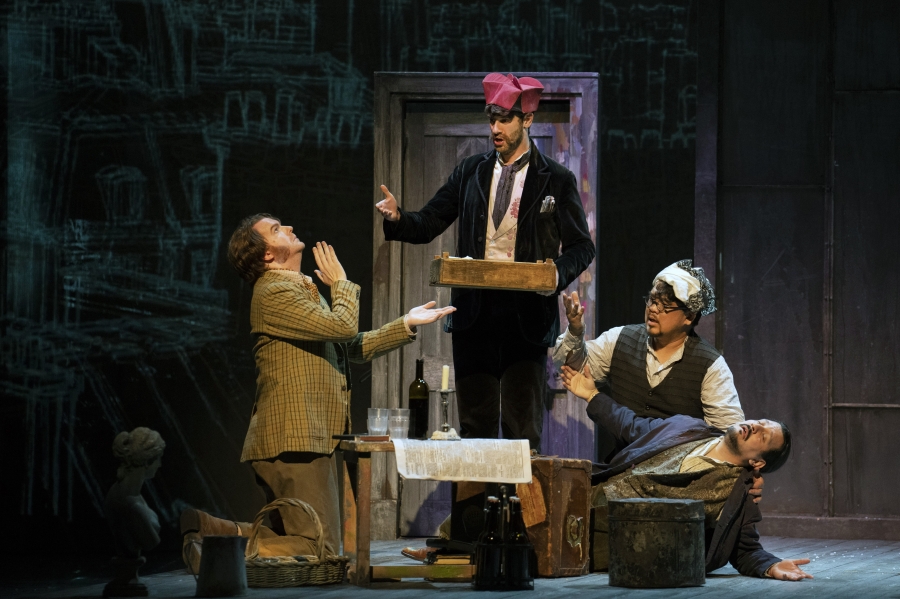
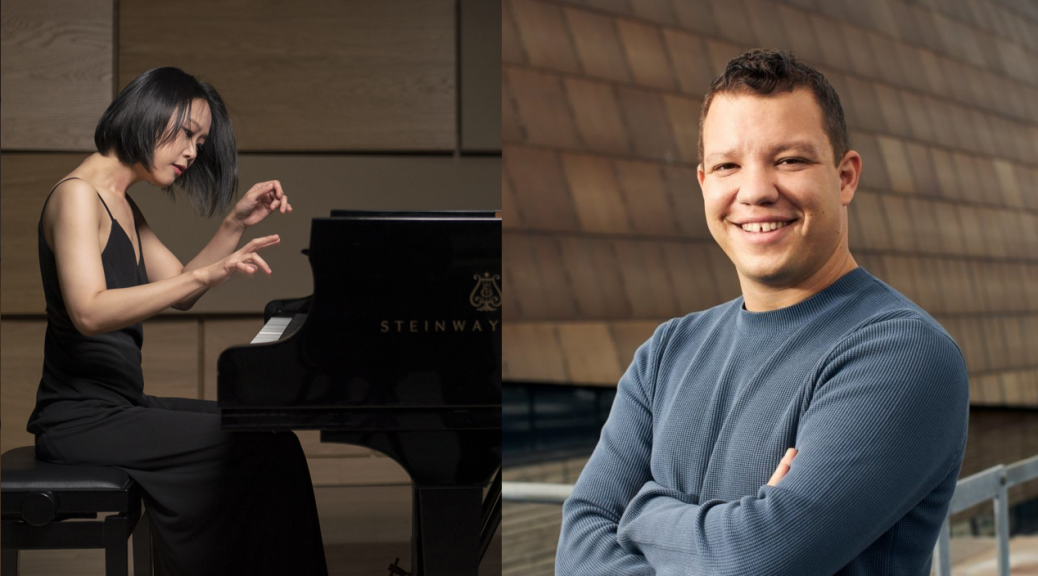




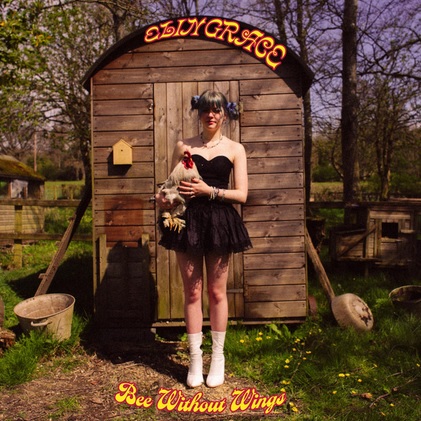

 (5 / 5)
(5 / 5)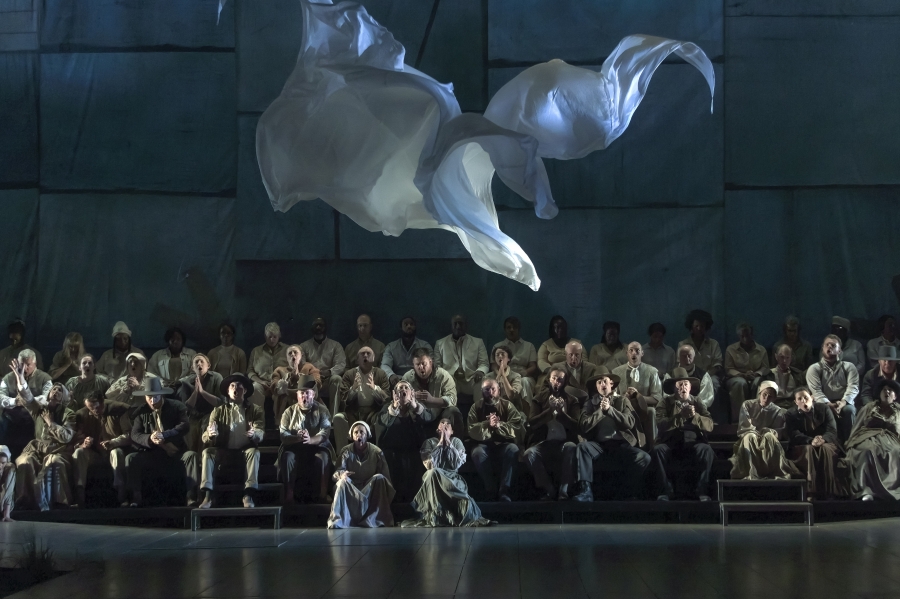
 (2 / 5)
(2 / 5)

